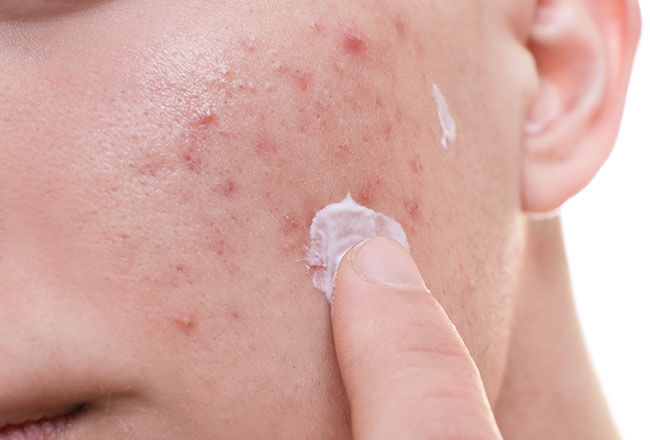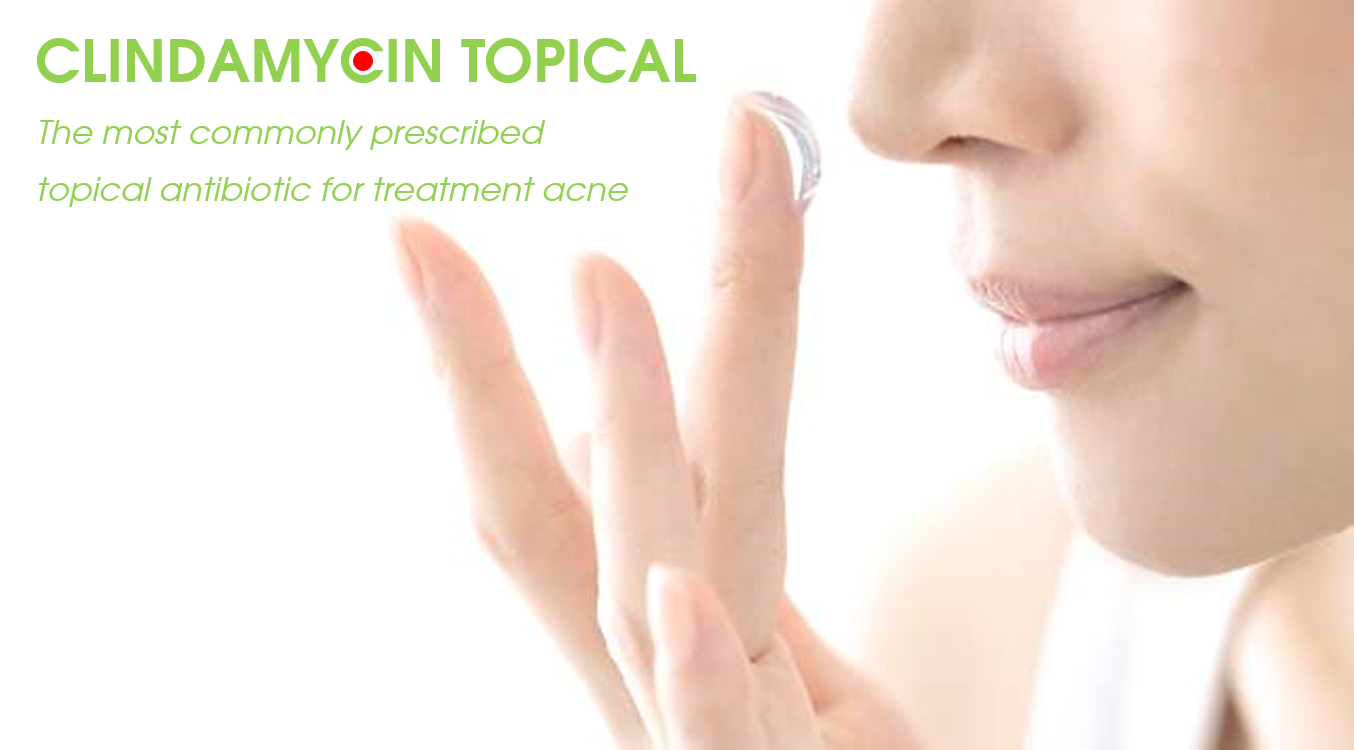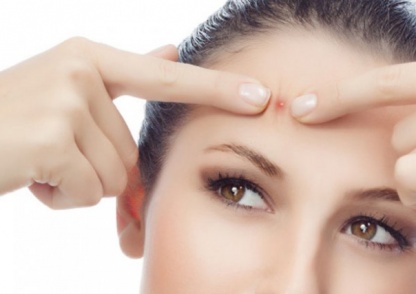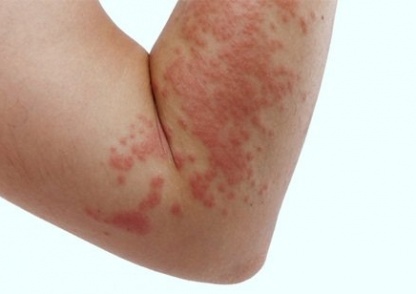What You Need To Know Before Using Topical Antibiotics To Treat Your Acne
For sufferers of severe acne, relief often proves elusive. They try topical treatments, oral treatments, and follow a regulated diet, but nothing seems to clear their embarrassing and painful acne.
“One common treatment option for sufferers of severe acne is a topical antibiotic,” shares Dr. Miriam Hanson, dermatologist and skin care expert at Sanova Dermatology. But many patients ask: While this method may offer relief for some, how long will the relief last? Are topical antibiotics a good treatment for acne?
Why use topical antibiotics to treat acne?
Topical antibiotics against the bacteria that can acne. The antibiotics mist commonly used have an anti-inflammatory effect, decreasing the redness and swelling when pores become clogged with dirt, oil, and bacteria, as well as to kill the bacteria directly.

Source: Internet
Topical antibiotics target P. acnes, the acne-causing bacteria” – Dr.Hanson
“Topical antibiotics target P. acnes, the acne-causing bacteria that live deep in the pores, before they cause a problem,” Dr. Hanson explains. These antibiotics come in a variety of forms, including liquid solutions, gels, and lotions. They are often prescribed to be used once or twice daily to the area experiencing acne, or other areas prone to breakouts.
Once your dermatologist determines the type of acne you’re experiencing, they will prescribe an appropriate treatment regimen. Your doctor may suggest combining topical antibiotics with another treatment as well.
Common Topical Antibiotics used to Treat Acne
One of several types of topical antibiotics are often used to treat acne. These products are obtained by prescription only. Some of the more common topical antibiotics prescribed to treat acne include:
- Clindamycin: The most commonly prescribed topical antibiotic for treating acne, available in multiple forms, including lotion, gel, or a liquid solution. Those taking clindamycin for acne generally experience few side effects, which can include mild skin irritation.
- Erythromycin: Stops the growth of bacteria. Also available in lotion, gel, or liquid form. Often applied twice daily.
- Dapsone: Another prescribed topical antibiotic for acne. Side effects are rare but can include peeling, red and dry skin.
Dermatologists may also select to prescribe an oral antibiotic as a treatment for acne, as well, instead of opting for a topical variety.

Source: Internet
How effectively do topical antibiotics treat acne?
Topical antibiotics are quite effective in treating acne as they target one of its root causes — bacteria. They are typically only prescribed for more severe cases of acne, rather than for milder or occasional breakouts.
Topical antibiotics can take several weeks to begin to prove effective. They generally serve to offer relief to serious acne sufferers, bringing outbreaks under control.
Potential Reactions and Side Effects
- Allergic Reaction:Topical antibiotics can result in allergic reactions. Symptoms of allergic reaction range can include skin irritation, itching, swelling, hives, and others.
- Resistance to Antibiotics:The growing presence of antibiotics in food sources, as well as an over-reliance on prescription antibiotics for medical conditions, has created a growing problem with resistance to antibiotics. “Over time, your body may respond less to an antibiotic, eventually developing a complete resistance,” reveals Dr. Hanson. The more you use antibiotics, the more likely this result. As a result, doctors often prescribe topical antibiotics with other preparations to reduce the chances of developing resistance.
Patients should discuss their options carefully with their dermatologist to determine the best treatment regimen for their condition.
Sanova Dermatology










